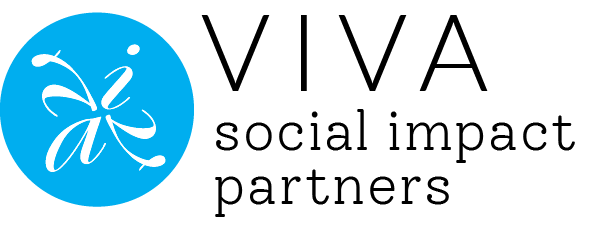
Sometimes the most exciting grantmaking opportunities happen thanks to the smallest comments or observations. A foundation board member mentions attending a great arts festival in the City that takes place at the Palace of Fine Arts. He knows that the Palace is slated for renovation, and is wondering if the festival needs financial support to find a new venue. Stoked that this emerging philanthropist is thinking about potential grants and what I would call “capacity building,” I eagerly jump on the opportunity to explore potentially funding this arts organization.
I send a message with the subject heading: Potential funding opportunity. Those emails usually get opened.
I hear back and schedule a get-to-know-you call with the founder and executive director of the festival. After hearing her story, I think there is merit and opportunity, and so I ask her to send me documents she’d already have—like the festival’s financial statements, their strategic plan, and any reports to other funders. “Um, there is no strategic plan, but I’ll send you what I’ve got,” she says. “Okey doke. And, hmmmm,” I think to myself.
She suggests we meet at some swanky place off Union Square. Envisioning parking and traffic nightmares, and wanting an easy-going vibe, I suggest we meet for burritos in the Mission instead…. “Don’t you have a studio on 24th?” She is gobsmacked, but more than willing.
I mark up her financials with question marks and comments like “Risk capital for move?” “Where’s line item for marketing or dev?” “Working capital?” and “Underpaid/sweat equity.” For an organization that entertains thousands annually at a marquee venue, this woman is pulling rabbits out of hats. This could be ugly or an opportunity.
We meet at Papalote on 24th and Valencia. It is pouring rain, El Niña. The owner comes by and talks about his dj business on the side. That’s some salsa all right. We get to talking over chips and guacamole, and I’m impressed with her passion. She clearly knows what she’s doing in terms of identifying talent, balancing a program, and getting a three-day festival planned in the City of Red Tape—no small feat.
However, I also sense how thinly she’s stretched. She knows it in the form of worry, she doesn’t know it in terms of a weak balance sheet. She’s trained extensively in her art form, not at executive director school. We’re quite different people with vastly different backgrounds and lived experiences. How do I explain what I’m sensing without being patronizing?
So, I just ask her, “If I could give you $100,000 to get your shoulders out of your ears, buy you some downtime to think about the future of your festival (what I would call strategic planning), and get you some marketing or development support to bolster your revenue, how would that make you feel?”
She’s stunned. Dazed. A doe in the headlights. “Wait, what? What do you mean? Who does that?” She’s not sure if I’m serious or joking.
I explain that it’s called grantee-centric grantmaking, with a full cost funding lens. My approach to grantmaking would help her focus not on how to improve her festival, but on how to improve her life as a leader and her organization. It would give her space to do what she wants to improve the festival.
She’s still shocked. “Is that a thing?”
No one has ever talked with her about how to build her capacity or the capacity of the festival organization. She’s been 24/7 on the hamster wheel of creating and running the festival—for 17 years.
“It’s a thing,” I tell her. “Funders that are true partners want soul care for their grantee leaders and healthy balance sheets for their grantee organizations.”
I explain that I’d like her to think about what this level of funding for this type of purpose could do for her as a leader and for the organization. We don’t talk about the art form, artistic direction, or anything. Just brass tacks: let’s get you some working capital (breathing room) and some change capital (so you can think strategically and figure out a relocation plan), and let’s pay you more so you can function at a high level. “I’m thinking of a two-year grant that sets you up for future success, so that if we cannot continue to fund you, your capacity is higher and you are better off in ongoing terms for having had the grant,” I say. “What do you think?”
She bursts into tears. “No one has ever walked me through why I feel as strung out as I do.” The guacamole was turning brown and my meter was running out. We hugged and left. The Palace still needs renovation, but she doesn’t need to move.
